In the realm of Feng Shui, the image of Buddha symbolizes peace, prosperity, and good fortune. Amidst the chaos of a busy and hectic lifestyle, it's essential to find a sanctuary that instills a sense of peace and calm. Incorporating a Buddha image into your home can effectively enhance the positive energy, fostering a serene atmosphere.
3. The Feng Shui Symbol of Horse
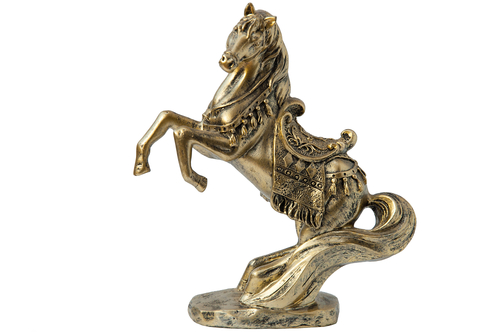
Throughout history, horses have symbolized traditional notions of prosperity and significant success. In Feng Shui, these majestic animals are also associated with attributes such as fame, freedom, and speed. Consequently, horse imagery is frequently employed in offices and businesses to evoke positive energies. Art featuring horses, including paintings, pictures, and sculptures, holds considerable value. For individuals aspiring to enhance their reputation, placing horse Feng Shui symbols in the south and north is recommended, as it is believed to contribute to a more luminous career path.
4. Fruit Symbols in Feng Shui
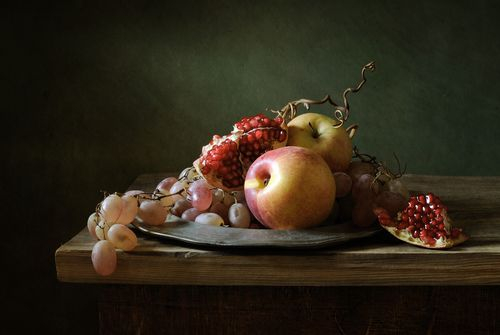
In Feng Shui, fruits serve distinct purposes as outlined in ancient texts. Peaches signify love, pomegranates symbolize fertility, grapes are associated with abundance, and apples represent peace, among other meanings. When selecting fruit images to incorporate into your home, trust your instincts. Identify the specific energy your home requires the most and make your choices accordingly.
5. Symbols of Fu Dogs
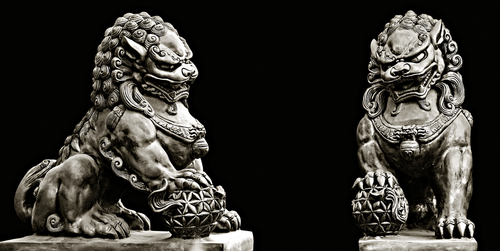
Fu Dogs, typically arranged in pairs, evoke a sense of awe and mystery. Traditionally positioned in front of imperial palaces and government offices, they symbolize wealth, prosperity, and the well-being of the family. Wealthy households often feature Fu Dogs at entryways, and these Feng Shui symbols also carry connotations of authority.
6. Feng Shui Butterfly
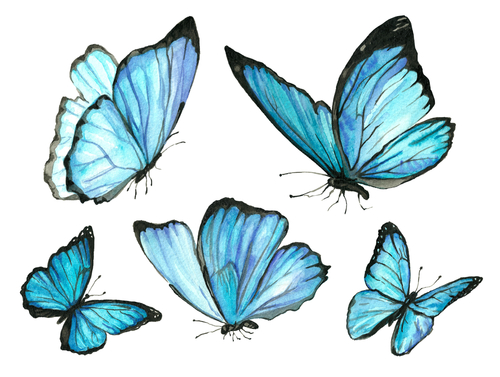
In Feng Shui, butterflies symbolize freedom and openness, with their vibrant colors rejuvenating the minds of those who encounter them. Despite their delicacy, butterflies inspire robust positive energy in individuals. Additionally, they have been employed as a Feng Shui remedy for enhancing love and romance. For newlyweds, incorporating butterfly symbols into the bedroom can be a meaningful choice.
7. Feng Shui of the Fish Symbol

The fish stands as one of the oldest Feng Shui symbols associated with abundance and prosperity. Among the most prized is the Asian Arowana, highly sought after and commanding a significant price for purebred specimens. Feng Shui Aquariums serve as a powerful remedy for attracting wealth into homes. Alternatively, one can choose images of fish, paintings, or even stained glass paneling to incorporate the symbolic essence into the living space.
8. Feng Shui of Birds
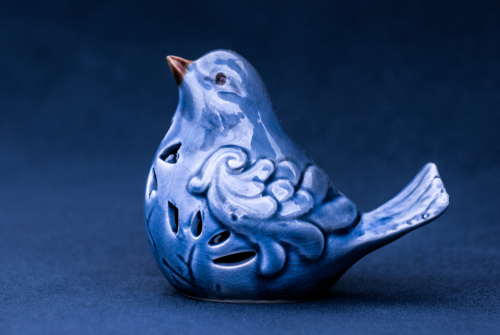
Birds, as Feng Shui symbols, have served as remedies symbolizing beauty, freedom, and inspiration. Across generations, humans have gazed upon birds, captivated by their remarkable beauty and enchanted by their melodious songs. Consequently, incorporating images of birds into homes has been a longstanding tradition, adding a touch of primal beauty and inspiration to living spaces for generations.
9. The Gem Tree
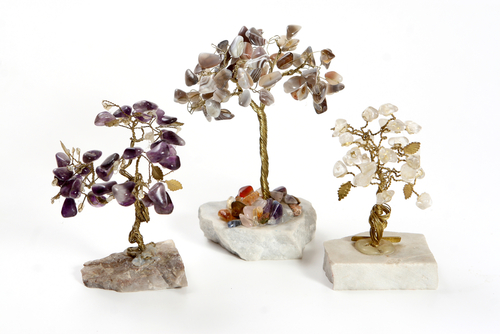
Among Feng Shui symbols, the gem tree stands out as a particularly beautiful addition to homes. Traditionally crafted from various gems, each serving a distinct purpose, such as using a jade gem tree as a remedy for health or a rose-quartz one for enhancing love.
10. Feng Shui Dragon
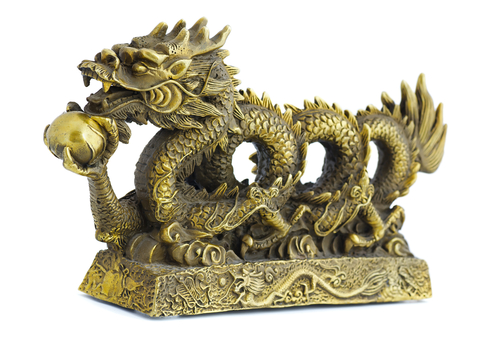
For ages, Feng Shui symbols featuring dragons have been employed to represent power. According to Feng Shui principles, dragons embody yang or male energy. Dragons, available in diverse colors, serve as remedies for various functions depending on their placement in the house. For instance, positioning a green dragon in the east may promote good health, while having a golden dragon in your home is believed to invite wealth and abundance.
11. Feng Shui Mystic Knot
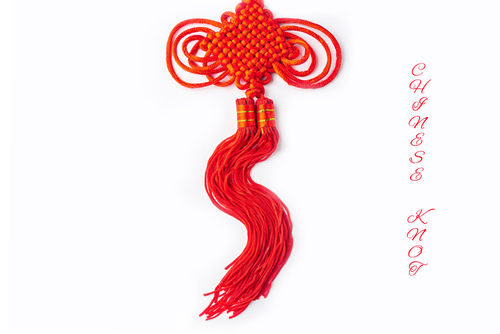
Comprising six interconnected infinity knots, the mystic knot embodies the concepts of continuity and a prosperous, enduring life. Often depicted as an endless knot, it gives the visual impression of swallowing its tail, symbolizing good fortune. In Buddhism, the mystic knot holds significance as one of the eight symbols representing magical and auspicious items.
12. The Protective Turtle
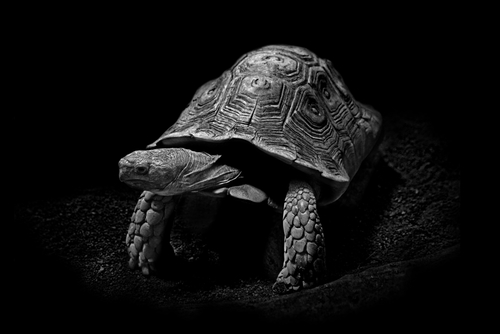
The turtle stands as a potent symbol of Feng Shui protection, being recognized as one of the original guardian animals associated with positive Feng Shui energy. Particularly, a black turtle holds a significant place as one of the most powerful Feng Shui symbols. The predominant use of turtles in Feng Shui is to serve as a protective symbol.
Also Read: What Is Feng Shui? A Guide to Creating Good Energy in Your Home
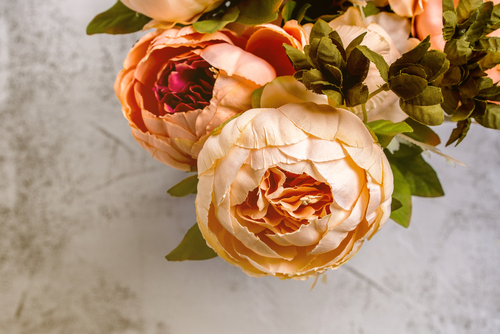
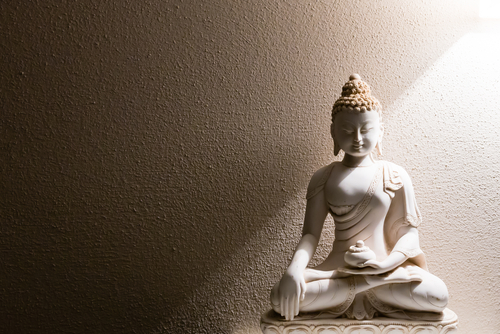

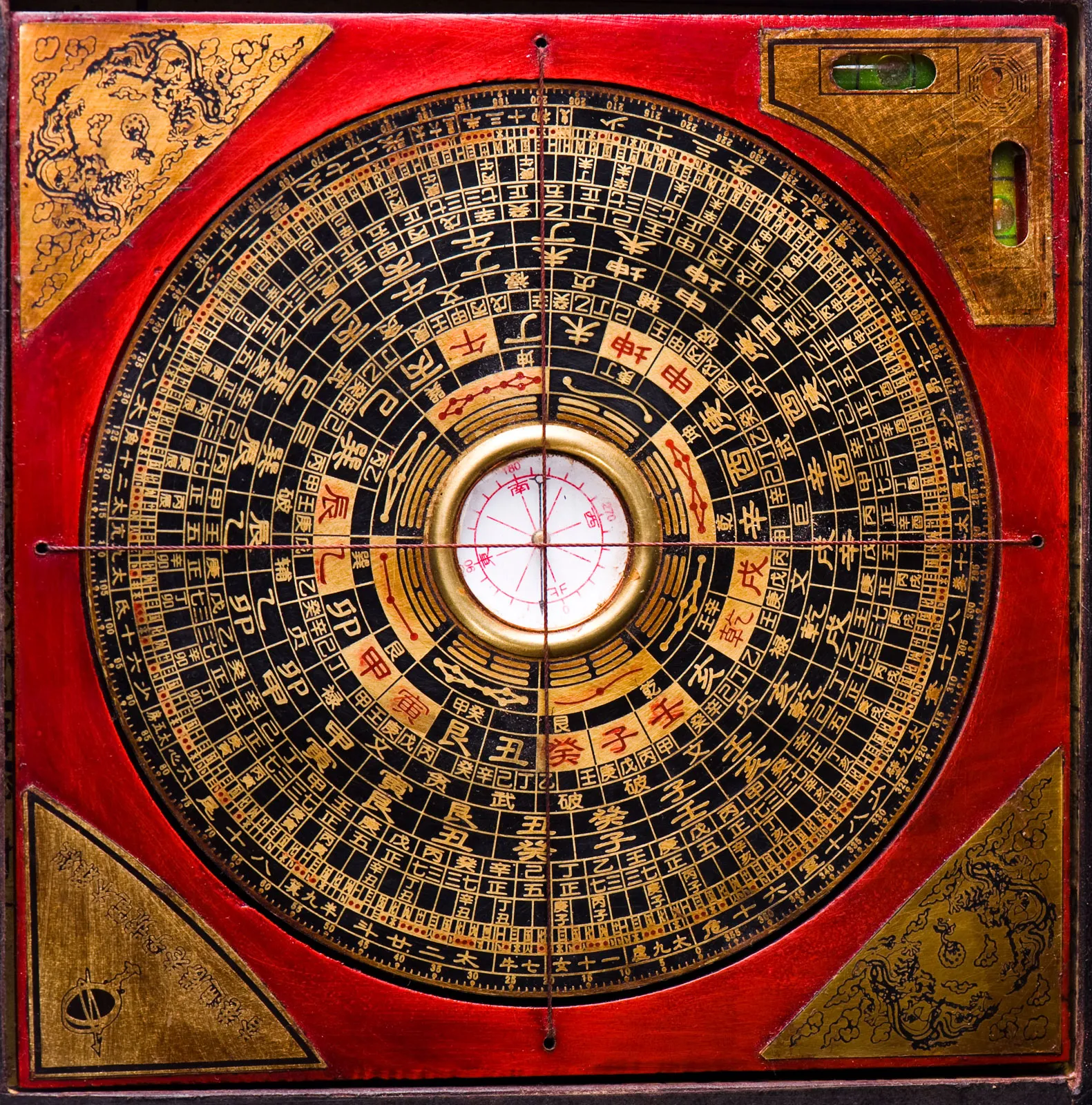
















_1771582392.webp)
_1771577585.webp)
Ans 1. Feng shui literally means “the way of wind and water”: “feng” means “wind” and “shui” means “water.” Feng shui can refer to the art of placing items within a room, but you can also say, “It's good feng shui to …,” meaning it creates a good environment to arrange or place items in your home in a certain way
Ans 2. How to feng shui your home Place your bed, desk, and stove in a command position. Pay special attention to your entryway. "Activate" your front door. Pay special attention to your bed. Use a bagua map. Choose your colors based on the 5 elements. Block doors. Leave out broken objects.
Ans 3. The 5 Principles of Feng Shui Decoration Principle 1: Clearing Clutter for Positive Energy Flow. ... Principle 2: Incorporating the Five Elements. ... Principle 3: Arranging Furniture for Optimal Energy Flow. ... Principle 4: Using Colors to Influence Energy. ... Principle 5: Enhancing Lighting for Positive Vibes.
Ans 4. Feng Shui is an ancient Chinese art of arranging buildings, objects, and space in an environment to achieve harmony and balance in a way that will bring peace and prosperity.
Ans 5. There is currently no scientific evidence to support that following Feng Shui will have any drastic effect on your wellbeing - the main issue is that there is no factual proof that “chi” exists, and without chi, or active energy flow, there can be no Feng Shui.
Ans 6. Beyond helping achieve a sense of harmony and equilibrium in a space, Feng Shui principles can also assist in attracting fortune, good luck, and abundance. The secret lies in achieving a specific balance in terms of interior design, layout, lighting, colour scheme, and overall tidiness and cleanliness.